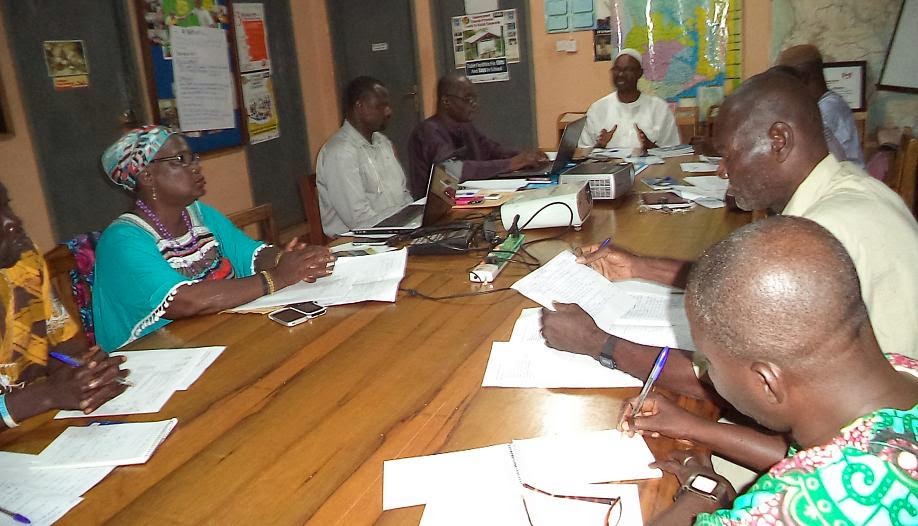School for Life has conducted stakeholder meetings with officials of the District Assemblies and the Ghana Education Service. The meetings are held with the District Chief Executives and District Directors of Education, GES/SfL Desk Officers and other Officials of the DAs and GES in all districts implementing the Ghana Complementary Basic Education Programme. Following successful graduation of learners who were enrolled in the first cycle of the Programme, it became necessary for SfL to take steps towards getting these learners to smoothly integrate into the formal schools. Indeed, the ultimate aim of the Complementary Basic Education (CBE) Programme is to get out-of-school children into formal school. This is done by getting the children enrolled into the programme, and when they have sufficiently attained proficiency in numeracy and literacy, they are transitioned into regular formal school. In line with the Programme intent, the CBE Management unit organized Regional level workshops with these stakeholders to develop strategies for the smooth integration of the learners.
Following the CBE Management Unit organized workshops, SfL held initial district level meetings with the District Assemblies and the Ghana Education Service in all implementing districts to further develop and sharpen strategies towards making them district specific. This will ensure that the strategies are fine-tuned towards addressing challenges and needs of each district.
Outputs of the field meetings with the DAs and GES were further used as inputs in a meeting held today with the GES/SfL Desk Officers of CBE implementing districts.
In this meeting, the Desk Officers elaborated further on the strategies and assigned responsibilities and time schedules to the strategies. They were also provided orientation on the use of the placement test tools for integrating the CBE learners. This provided them insight into how to conduct the placement of the learners when school resumes. Officers understood and appreciated the placement test tools. This will guide them to better conduct the testing and integrate the learners in classes of the formal school based on their proficiency levels.
Having established shared agreements and understanding with the DAs and GES, it is expected that the learners will experience incident free integration into formal schools. The Integration of Learners is crucial in ensuring that these hitherto out-of-school children are granted their full right to basic education in Ghana.














